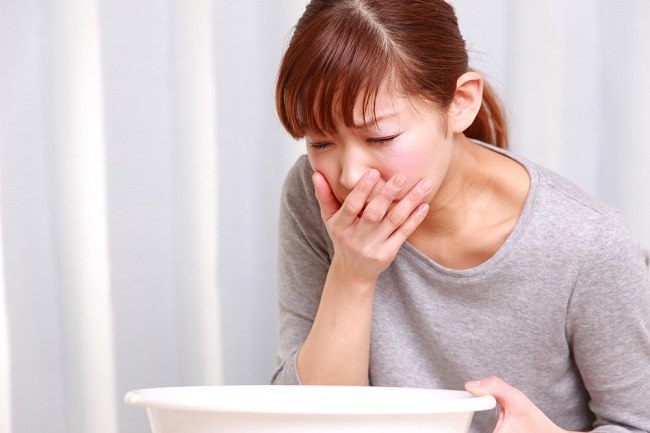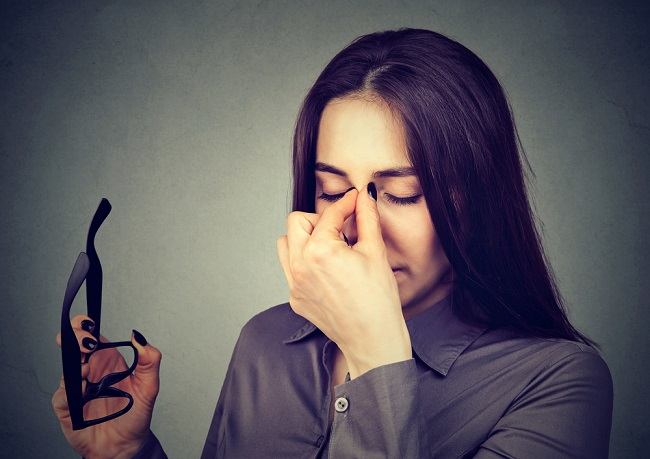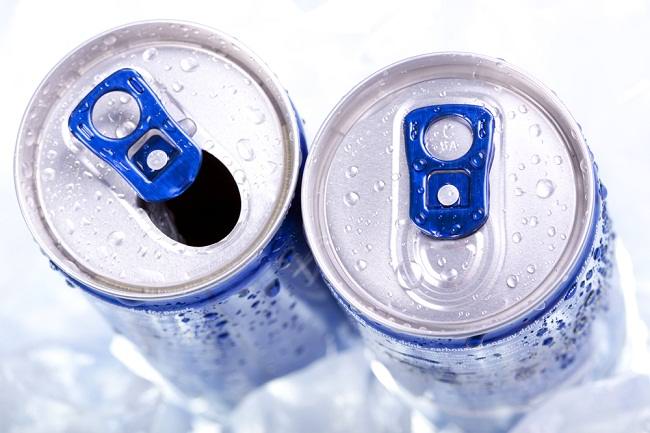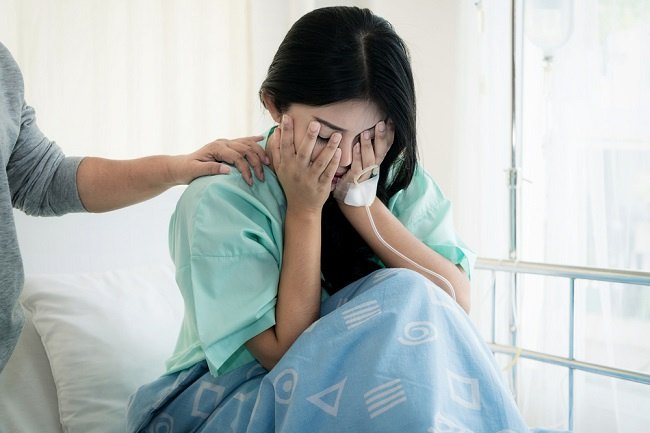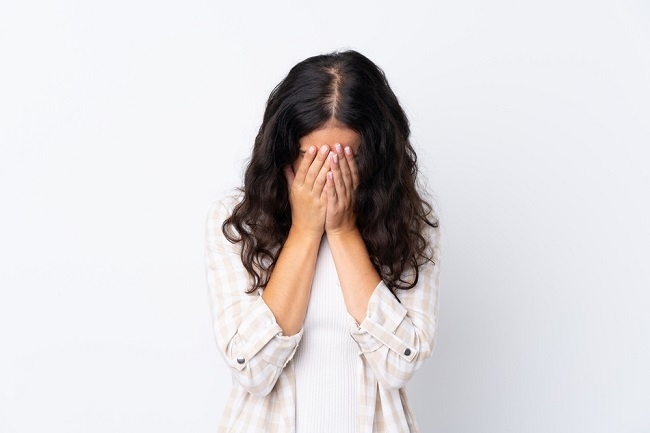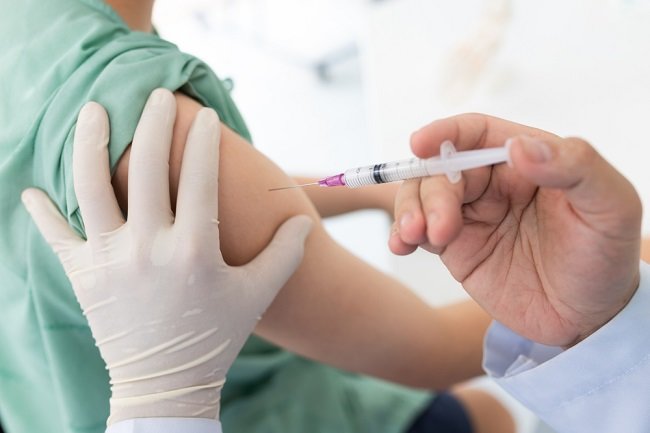Important for mtake care immunitybody stay strong, especially in COVID-19 pandemic period. A strong immune system can better fight germs and viruses that cause disease, including the Corona virus.Sone how to strengthen the immune system is adequate daily intake of vitamin D.
Several studies have shown that adequate intake of vitamin D can reduce a person's risk of being infected with the Corona virus. According to recent research, COVID-19 patients who have adequate vitamin D intake also tend to have milder symptoms than COVID-19 patients who are vitamin D deficient.

Vitamin D also plays an important role in maintaining bone health and strength. With the fulfillment of the body's need for vitamin D, the risk of bone loss or osteoporosis will be lower.
Reasons Why Vitamin D Can Reduce the Risk of Exposure to COVID-19.
As previously stated, vitamin D plays an important role in strengthening the body's immunity, not just for maintaining bone health. This is the reason why everyone needs to have sufficient intake of vitamin D. If the body's immunity is strong, the risk of getting infected with the Corona virus will decrease.
The effectiveness of vitamin D in reducing the risk of contracting COVID-19 still needs to be studied further. However, a study showed that people with low levels of vitamin D had a 7.2 percent higher chance of being infected with the Corona virus.
That means your risk of getting sick from COVID-19 will be lower if your daily vitamin D needs are met.
The benefits of vitamin D in fighting Corona virus infection can also be felt by COVID-19 patients. In one study, it was found that adequate intake of vitamin D was able to reduce the severity of this disease.
In fact, a COVID-19 patient's risk of developing a cytokine storm, a serious complication that can lead to fatal organ damage, can be reduced if he or she receives adequate vitamin D intake during treatment.
How to Meet the Needs of Vitamin D
In order for the body's immunity to be strong and the risk of being infected with the Corona virus reduced, you must still adhere to health protocols and meet the body's daily nutritional needs, including vitamin D. Here are some ways to get enough vitamin D intake:
1. Sunbathing
The body will naturally produce vitamin D when basking in the sun. You are recommended to sunbathe in the morning for about 15-20 minutes, at least 3 times a week. The ideal sunbathing time for the formation of vitamin D is around 08.30 to 10.00.
When sunbathing, use a hat, sunglasses, and sunscreen with an SPF of at least 30, so that your eyes and skin are protected from the effects of harmful ultraviolet rays.
2. Eat foods that contain vitamin D
Vitamin D intake can also be obtained by eating foods that contain vitamin D. Foods rich in vitamin D include salmon, sardines, lean meat, liver, egg yolks, mushrooms, tuna, shrimp, and milk and their processed products.
3. Taking vitamin D supplements
To prevent deficiency or deficiency of vitamin D, you can complement the two ways above by taking vitamin D supplements.
There are many types of vitamin D supplements on the market. Instead, choose a vitamin D supplement with a dose of 1,000 IU, because this is considered a safe dose to take every day.
That's the benefit of vitamin D in preventing Corona virus infection and how to meet its intake. Of course, you also need to meet the body's needs for other nutrients, so that your health is better maintained.
Although it has very good benefits, vitamin D should not be consumed in excess, because this vitamin is a type of fat-soluble vitamin that can accumulate in the body.
To find out whether your vitamin D intake is sufficient, lacking, or even excessive, you can undergo an examination of vitamin D levels in the body by first consulting a doctor.
In addition to sufficient intake of vitamin D, you also need to continue to apply health protocols to prevent COVID-19, namely by washing your hands with soap and water or hand sanitizer, wear a mask when outside the house, keep a distance from other people, avoid crowds, and undergo COVID-19 vaccinations.
If you experience symptoms of COVID-19, such as fever, cough, shortness of breath, body fatigue, muscle aches, headache, sore throat, and anosmia, you should immediately self-isolate and consult a doctor as soon as possible.
